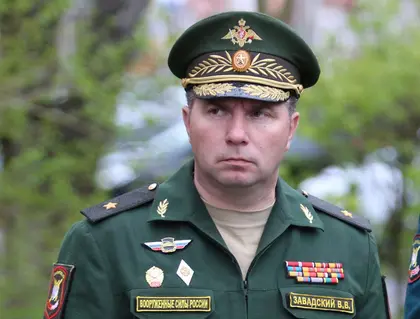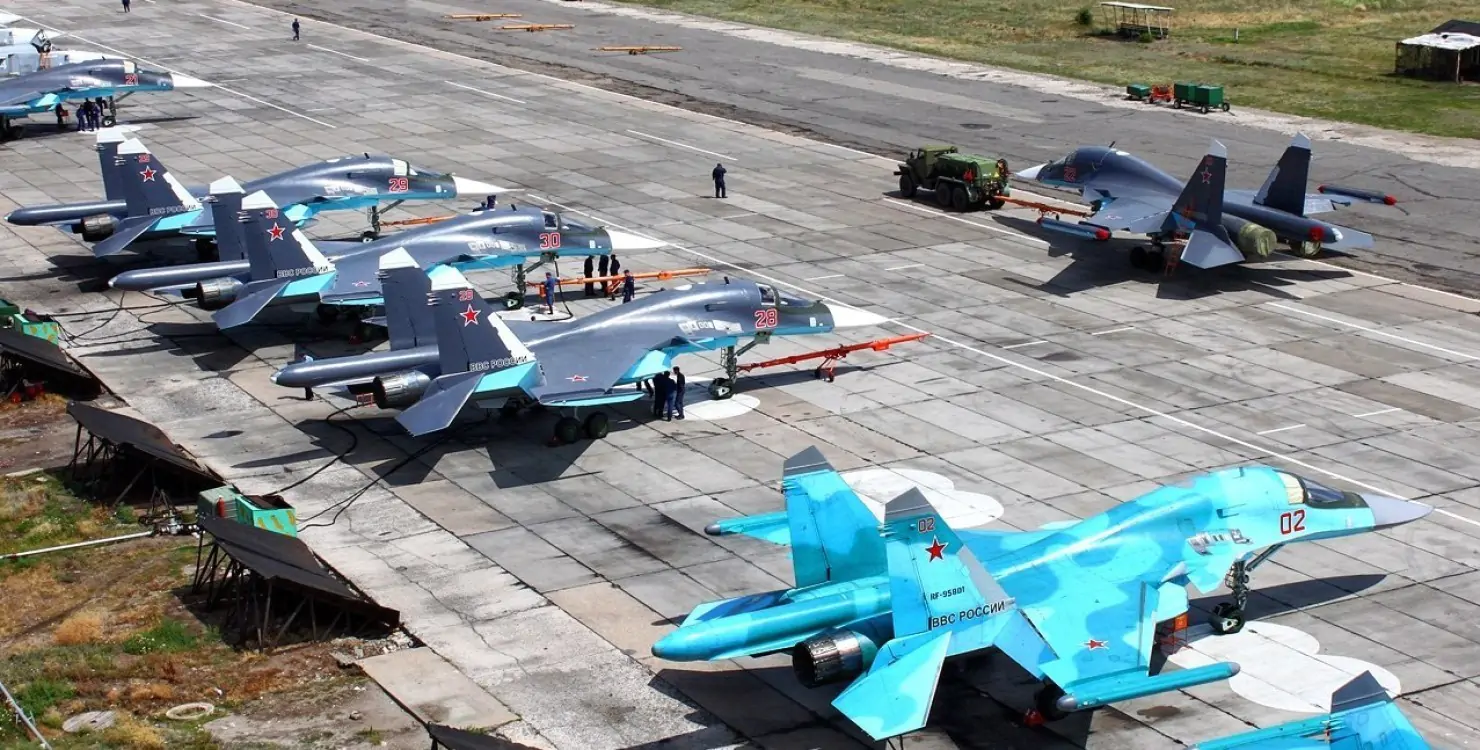Another Russian Major General has been killed in Ukraine though reports suggest it may have been due to one of Moscow’s own weapons this time.
Initial reports of the death of deputy commander of the 14th Army Corps, Major General Vladimir Zavadsky, said he died in fighting on the frontlines.
JOIN US ON TELEGRAM
Follow our coverage of the war on the @Kyivpost_official.
Aleksandr Gusev, the governor of Russia’s Voronezh region, said in a post on Telegram: “Bereavement. Piercing pain.
“Deputy Commander of the 14th Army Corps of the Northern Fleet, Major General Vladimir Zavadsky, died at a combat post in the special operation zone.”
The death was also announced by Moscow Higher Combined Arms Command School, Zavadsky’s alma mater, on Russian social network VKontakte, but the announcement has since been removed.
However, sources in Russia have claimed that Zavadsky was killed at the end of last month by a landmine laid by friendly troops far behind the frontline, as opposed to the front-line clashes some had believed.
“Major General Vladimir Zavadsky, actually died yesterday, but as a result of a mine explosion in the rear area, and not a military clash with the enemy,” said VChK-OGPU, an anti-corruption channel in Russia, in a Telegram update.
The channel also said that officials have yet to establish an official cause of death and would likely frame Ukrainian artillery strikes for Zavadsky’s death.
This incident marked the 12th death of high-ranking Russian generals in Moscow’s invasion of Ukraine and the 7th confirmed by officials thus far.

Russia, Ukraine Exchange Over 300 POWs Ahead of New Year’s Eve
To date, the highest-ranking Russian general confirmed killed in Ukraine is that of Lieutenant General Oleg Yuryevich Tsokov, who was killed in July 2023 by a Ukrainian airstrike in Berdyansk using British Storm Shadow cruise missiles.
Similar to NATO forces, Russian forces do have the practice of documenting mine usage. However, friendly mine incidents were not unheard of due to potentially poor communication between units.
You can also highlight the text and press Ctrl + Enter






